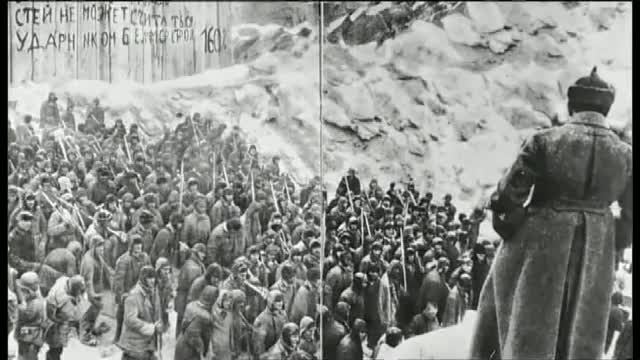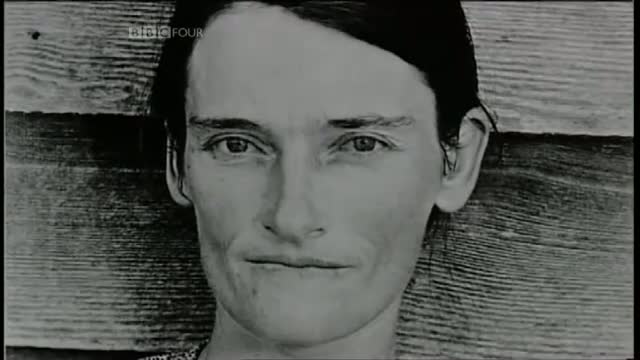The second documentary in this BBC series examines the various movements that arose in photography in the first half of the 20th century by focusing on some of the representative workers in the field.
In Germany August Sander became a master of the portrait photograph, capturing not the image that people may want to project, but a much deeper psychological reality that was lurking just under the surface.
This was of course not exactly to the liking of the Nazis, who had ideals of their own that were to be served, and he was eventually reduced to being a passport photographer – but still the quirkyness in his subjects shines through.
On the other hand the artist Alexander Rodchenko in the newly founded Soviet Union gave up painting in favour of the “objective” art of photography, and put his skills of photo-montage at the service of the proletariat.
In Paris meanwhile Eugene Atget was working as a commercial photographer offering documents for artists, but surpassed his own ambitions, by documenting a quickly disappearing city and culture.
The great surrealist Man Ray lived on the same street as Atget and eventually “discovered” him, but he himself was busy reinventing the art, and pushing it to its limits.
In the States Walker Evans was employed by the Government to document the Great Depression, and the good works they were making to relieve it. His photographs of sharecroppers and their lives remain classics to this day.
When the the Second World War came to England, people used to living above ground in London took to the underground and the underground shelters, which was the only way to escape the perpetual bombing. Bill Brandt documented their almost surreal lives under the Earth.
if the video does not appear on the page, try reloading the page; and if that doesn’t work, leave a comment so I can update the page (the comment is not published)

Photograph by August Sander

Photograph by Alexander Rodchenko

Photograph by Eugene Atget

Photograph by Man Ray

Photograph by Walker Evans

Photograph by Bill Brandt

Hi, my name is Dessy, I came to this page to warch the part 2 of this series, would you update the page? Because I can’t see the vidio . Thank You
The video is still available. Try reloading the page.